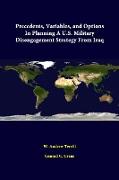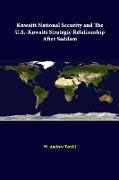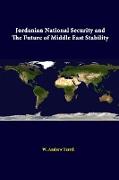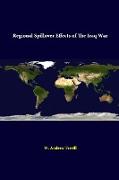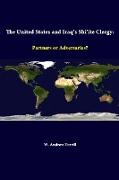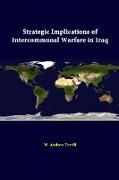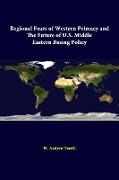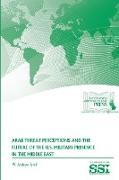Lessons of the Iraqi De-Ba'athification Program for Iraq'...
Terrill, W. Andrew / Institute, Strategic Studies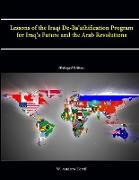
This monograph considers both the future of Iraq and the differences and similarities between events in Iraq and the Arab Spring states. The author analyzes the nature of Iraqi de-Ba'athification and carefully evaluates the rationales and results of actions taken by both Americans and Iraqis involved in the process. While there are many differences between the formation of Iraq's post-Saddam Hussein government and the current efforts of some A...

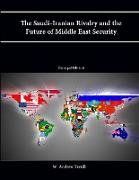
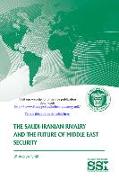
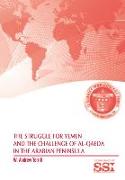
![Regional Spillover Effects of the Iraq War [Enlarged Edition]](https://support.digitalhusky.com/media/annotations/sorted/162/16221469/CHSBZCOP0316221469.jpg)
![Escalation and Intrawar Deterrence During Limited Wars in the Middle East [Enlarged Edition]](https://support.digitalhusky.com/media/annotations/sorted/162/16221457/CHSBZCOP0316221457.jpg)
